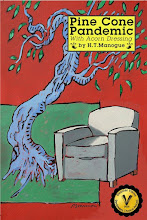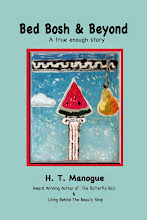Philosophy is at once the most sublime and the most trivial of human pursuits. It works in the minutest crannies and it opens out the wildest vistas. It ‘bakes no bread’ as has been said, but it can inspire our souls with courage; and repugnant as its manners, its doubting and challenging, its quibbling and dialectics, often to common people, no one of us can get along without the far-flashing beams of light it sends over the world’s perspectives. These illuminations at least, and the contrasting effects of darkness and mystery that accompany them, give to what it says an interest that is much more than professional.
Williams James in his 1906 essay, The Present Dilemma in Philosophy writes about the clash of human temperaments. Temperament is not recognized reason; it is personal reasoning that creates conclusions. Philosophers usually live on the ledge of one reality and step through other realties in order to express a wholesome approach to identifying the psyche as well as the self. The temperament of a philosopher includes reason that has not been verified or accepted. There is a certain radical idiosyncrasy to it that touches the soul when we realize that the soul is the life within all that is.
We grant soulhood to our own species as if souls had sizes and graduations. We believe they are an exclusive part of humanity, but that is the separatist approach that has got us in this tub of ignorance, which has partial compartments of beliefs based on our limited view about the nature of life itself. We put cells in one of those compartments and never really pay much attention to them until they are damaged or destroyed.
When we think for a moment we realize that each cell in the body has a soul, and the course of each cell in the body is not predetermined. Cells are cooperative, especially when they form the structure of a body; that is the structure they chose to experience. Cells aid our existence, but that aid is in the framework they have chosen. They have the ability to reject certain elements in their existence, change their course, and even form new alliances. They have a great amount of freedom within the framework we call our reality.
Our cells are conscious, but conscious in a different way. Each one possesses a consciousness and a consciousness of the self. There are different kinds of selfhood and an infinite number of ways to experience self-awareness. Each kind of life has its own qualities that can’t be compared with other types of life, but they are all valid and recognize the self and its own consciousness.
The soul is not a unit that is definable. It cannot be broken down or built up, destroyed or expanded, but it can change organizations and affiliations as well as characteristics while it always remains the same. The cells show us those traits through their soul, even though we can’t put their soul in one of those compartments. The soul's history is in the future not in the past.
Subscribe to:
Post Comments (Atom)










No comments:
Post a Comment